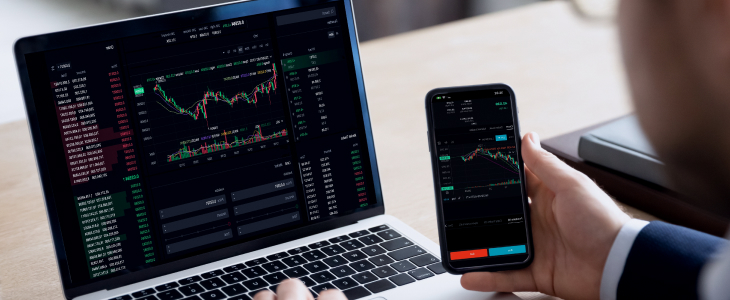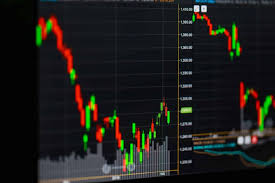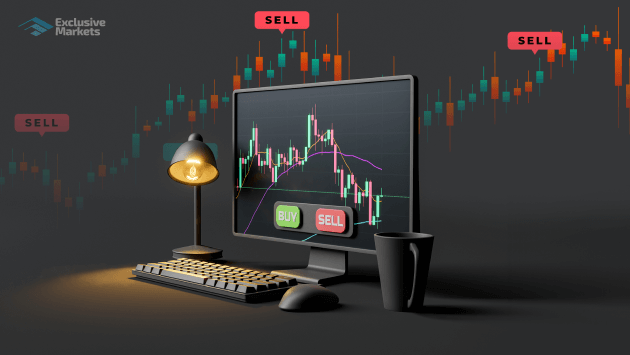
Forex Day Trading for Beginners: Your Ultimate Guide
If you’re eager to step into the exciting world of forex day trading, you’ve come to the right place! As a beginner, it’s crucial to understand the fundamental concepts and strategies that can help you navigate the forex market effectively. This guide covers everything you need to know, including key terminology, essential strategies, risk management, and insights into choosing a broker. To aid your journey, we recommend checking out forex day trading for beginners Best Ugandan Brokers, which can provide you with valuable resources tailored to the Ugandan trading environment.
Understanding Forex Day Trading
Forex day trading involves buying and selling currency pairs within a single trading day. Traders aim to capitalize on small price fluctuations, often executing multiple trades throughout the day. This fast-paced trading style requires quick decision-making and a robust understanding of market dynamics.
Key Terminology
Before diving into forex day trading, it’s essential to familiarize yourself with the key terms:
- Currency Pair: The quotation of two different currencies, with the first currency being the base currency and the second being the quote currency (e.g., EUR/USD).
- Pip: The smallest price move that a given exchange rate can make based on market convention (typically the fourth decimal point).
- Leverage: A tool that allows traders to control a larger position with a smaller amount of capital, amplifying both potential gains and losses.
- Spread: The difference between the bid and ask price of a currency pair, which represents the broker’s commission.
Essential Strategies for Day Trading
While there are numerous strategies for forex day trading, here are a few crucial ones you should consider:

1. Scalping
Scalping involves making quick trades to take advantage of small price changes. Scalpers typically hold positions for a few seconds to a few minutes and require a high level of discipline and accuracy.
2. Momentum Trading
This strategy relies on trading assets that are moving significantly in one direction. Traders using this strategy look for “breakouts” or significant price movements and enter the market to ride the momentum.
3. Range Trading
Range trading involves identifying levels of support and resistance in the market and making trades within that range. Traders buy at the support level and sell at the resistance level.
Risk Management: The Key to Success
One of the most critical aspects of forex day trading is effective risk management. Without proper risk controls, even the most sound trading strategies can lead to significant losses. Here are some tips to manage your risk:
- Only Risk a Small Percentage: Limit the risk on any single trade to a small fraction of your total trading capital, usually between 1% to 2%.
- Use Stop-Loss Orders: Implement stop-loss orders to automatically close positions at predetermined price levels to minimize potential losses.
- Don’t Over-leverage: While leverage can amplify profits, it also increases risk. Use leverage prudently and be aware of the associated risks.
Selecting a Forex Broker
Your choice of broker can greatly impact your trading success. Here are some factors to consider when selecting a forex broker:

- Regulatory Compliance: Ensure that your broker is regulated by a recognized financial authority. This provides an added layer of security for your funds.
- Trading Platform: Check that the broker offers a reliable trading platform with necessary features such as technical analysis tools, charting capabilities, and an intuitive interface.
- Fees and Spreads: Compare the spreads and fees charged by various brokers. Lower costs can enhance your overall profitability.
Developing a Trading Plan
Having a well-structured trading plan is crucial for successful forex day trading. Your plan should include:
- Your trading goals and objectives.
- The specific strategies you will implement.
- Risk management rules and capital allocation.
- A review process to assess your trading performance.
Practice with a Demo Account
Before committing real money, it is wise to practice your trading strategies using a demo account. Most brokers offer demo accounts that allow you to trade with simulated funds. This will help you gain experience, tweak your strategies, and build confidence without risking your capital.
Staying Informed
The forex market is influenced by a multitude of factors, including economic indicators, geopolitical events, and market sentiment. Therefore, staying informed is essential. Here are some resources to consider:
- Financial News Websites: Follow trusted financial news sources to stay updated on global market events.
- Economic Calendars: Use economic calendars to keep track of important economic announcements that can impact currency prices.
- Trading Forums and Communities: Engage with other traders in online forums to exchange ideas, insights, and tips.
Conclusion
Forex day trading can be a rewarding venture for those who are prepared to invest the time and effort into learning the craft. By understanding the fundamental concepts, implementing sound strategies, and practicing effective risk management, you can enhance your trading skills and increase your chances of success. Remember to continually educate yourself and stay adaptable to market conditions. Good luck on your trading journey!